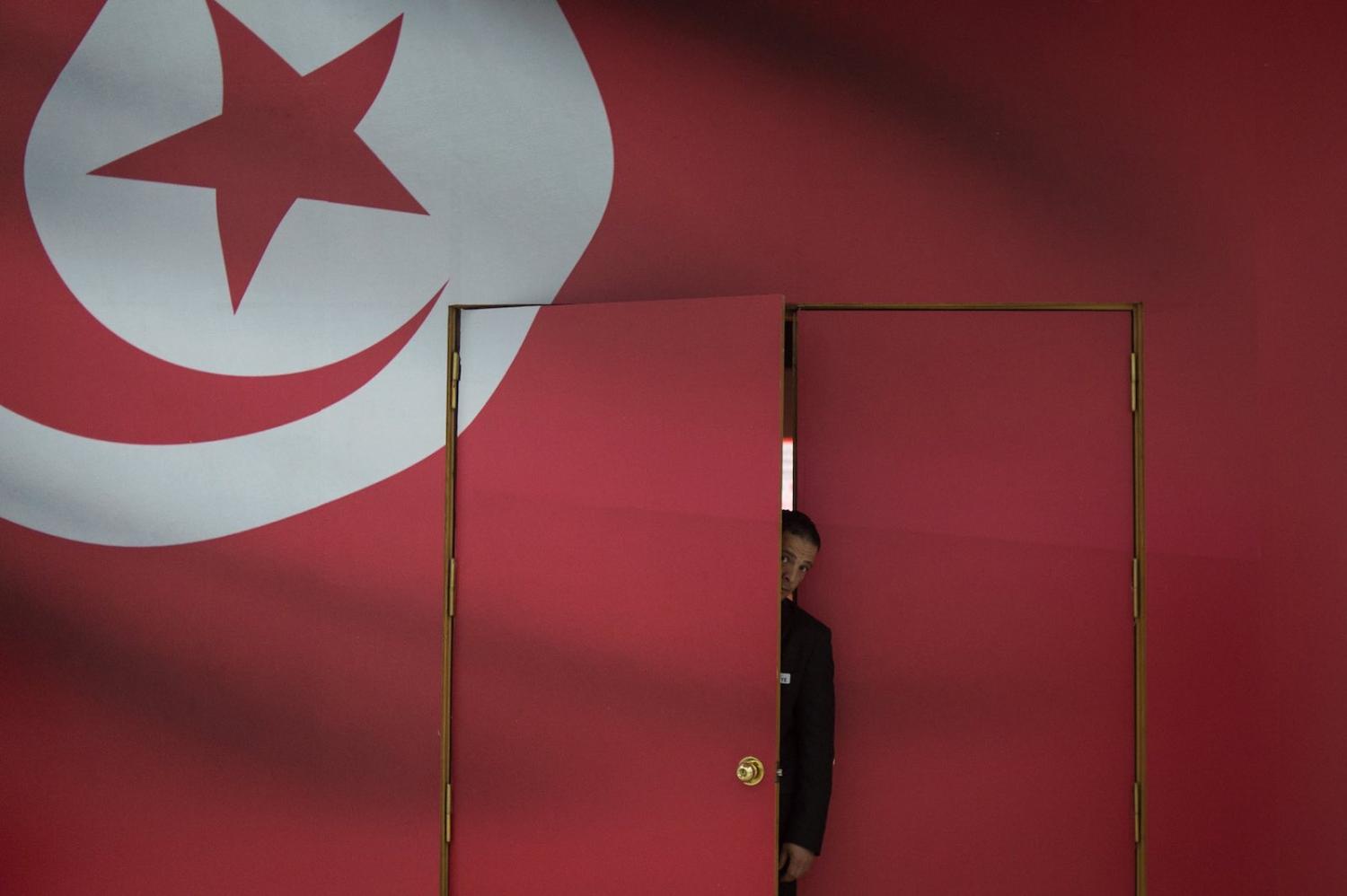In 2010, a Tunisian street vendor named Mohammed Bouazizi had his vegetable stand seized by police for failure to obtain a permit. In protest, he set himself on fire. This single event became the catalyst for Tunisia’s “Jasmine Revolution”, which resulted in the overthrow of a president of 20 years, and which in turn inspired activists across the Middle East – the so-called “Arab Spring”. Participants demanded greater social freedoms and participation in political processes – but also (and not insignificantly, given Tunisia’s economic situation) they simply wanted to be able to buy bread.
Tunisia is now about to embark on only the second presidential election in the years since, going to the polls on 15 September. Despite being new to democracy, Tunisian politics is demonstrating some of the worrying election trends we are seeing elsewhere in the world: a disillusioned populace, a vituperative political environment, and a face-off between an incumbent, status quo political elite and anti-establishment, populist outsiders.
Tunisians are largely disillusioned by politics, parties, and politicians. They don’t see their lives improving.
Despite the aims of the protesters nine years ago, the economy by many measures is in a worse state than it was before the revolution, with inflation at a high of 7.8% last year, and rising unemployment, which nationally has increased from 12% before the revolution to 15.2%, and in some cities is around 30%.
The elections have been called because Tunisia’s first democratically elected president, Beji Caid Essebsi, died five months before his term ended. They were due to be held in November, but according to Tunisia’s constitution, with Essebsi’s passing, they need to be held sooner. In a reversal of a deliberately constructed process, this means that parliamentary elections, due 6 October, will fall after the presidential elections, which has serious implications for the political future of the country.
Tunisia’s broadly secular democratic forces have fragmented following Essebsi’s death, unable to reach consensus on a candidate, despite civil society appeals for some candidates to step aside for the greater good. Out of the 26 candidates in the field, four are arguably more likely than the others to make it to the second-round run-off elections on 3 November.
Television tycoon Nabil Karoui is one of the election’s most popular candidates. Karoui was arrested early in the campaign, accused of tax evasion and money laundering – charges he denies. His candidacy remains valid, and he continues to campaign from his cell. Indeed, Karoui’s arrest has strengthened his persona as an anti-establishment anti-hero, and his populist discourse, charisma, and effective use of social media have helped keep him a leading candidate.

Also popular is Adelfattah Mourou, a lawyer and the first member of Islamic-inspired party Ennahda to run for president since the revolution. While Mourou’s personal charm and his positioning as a consensus figure from the progressive wing of the party resonate with many, these assets will be of limited appeal to secularists, while more conservative voters may look elsewhere.
Representing secularists and the political old guard, and playing to strengths of safety, security, and reliability, are former Defence Minister Abdelkarim Zbidi and current Prime Minister Youssef Chahed. Zbidi’s ministerial responsibilities may put him in good stead, especially in light of the number of radicalised young Tunisians who have attempted to reach – many with success – battlefields in Syria and Iraq, estimated at 30,000. In June, the country’s capital, Tunis, experienced two suicide bombings, both of which were claimed by the Islamic State. The bombings came at the peak of tourist season, severely affecting one of Tunisia’s most important industries. Chahed’s candidacy, on the other hand, has been weakened by his role in the arrest of Karoui, as well as his responsibility for the current state of the economy.
The election process has so far shown that democracy in Tunisia is fairly robust and resilient. The peaceful handover of power to an interim president after the death of Essebsi, the wide range of candidates and positions, the televising of debates, and genuine uncertainty about who will win are all positive signs.
At the same time, worrying undercurrents are evident – reflecting broader challenges in democracies around the world. Tunisians are largely disillusioned by politics, parties, and politicians. They don’t see their lives improving. The intense rivalry and inflammatory rhetoric among candidates – not to mention the arrest of several of them – suggest a political environment in which politicians are less focused on maintaining and strengthening democratic institutions, and more focused on simply winning, including by digging up whatever dirt and prising open any cracks they can use to their advantage. This kind of conduct echoes a growing global trend for politicians to use democratic institutions in a way that ultimately weakens them.
Unfortunately, in times when people don’t see their lives getting any easier, and when the past looks better than the present, the polarisation genie is much harder to put back into the bottle than it was to get out.
